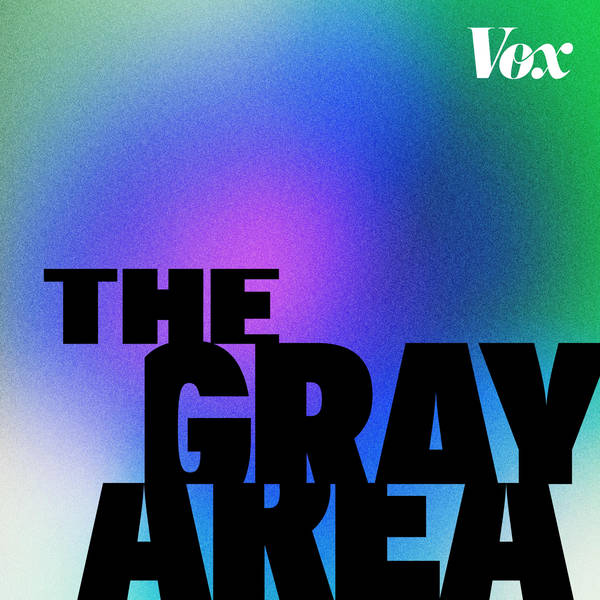
Poetry as religion
Sean Illing speaks with poet and historian Jennifer Michael Hecht, whose new book The Wonder Paradox asks: if we don't have God or religion, what — if anything — do we lose? They discuss how religion accesses meaning — through things like prayer, ceremony, and ritual — and Jennifer speaks on the ways that poetry can play similar roles in a secular way. They also discuss some of the "tricks" that poets use, share favorite poems, and explore what it would mean to "live the questions" — and even learn to love them — without having the answers.
Host: Sean Illing (@seanilling), host, The Gray Area
Guest: Jennifer Michael Hecht (@Freudeinstein), poet, historian; author
References:
The Wonder Paradox: Embracing the Weirdness of Existence and the Poetry of Our Lives by Jennifer Michael Hecht (FSG; 2023)
Doubt: A History by Jennifer Michael Hecht (HarperOne; 2004)
Rainer Maria Rilke, from a 1903 letter to Franz Kappus, published in Letters to a Young Poet (pub. 1929)
Leaves of Grass by Walt Whitman (1855)
"Why do parrots live so long?" by Charles Q. Choi (LiveScience; May 23, 2022)
"The survival of poetry depends on the failure of language," from The Tree of Meaning: Language, Mind, and Ecology by Robert Bringhurst (Counterpoint; 2009)
"Traveler, There Is No Road" ("Caminante, no hay camino") by Antonio Machado (1917)
"A Free Man's Worship" by Bertrand Russell (1903)
Totality and Infinity: An Essay on Exteriority by Emmanuel Levinas (1961)
Enjoyed this episode? Rate The Gray Area ⭐⭐⭐⭐⭐ and leave a review on Apple Podcasts.
Subscribe for free. Be the first to hear the next episode of The Gray Area. Subscribe in your favorite podcast app.
Support The Gray Area by making a financial contribution to Vox! bit.ly/givepodcasts
This episode was made by:
Producer: Erikk Geannikis
Engineer: Patrick Boyd
Editorial Director, Vox Talk: A.M. Hall
Learn more about your ad choices. Visit podcastchoices.com/adchoices
